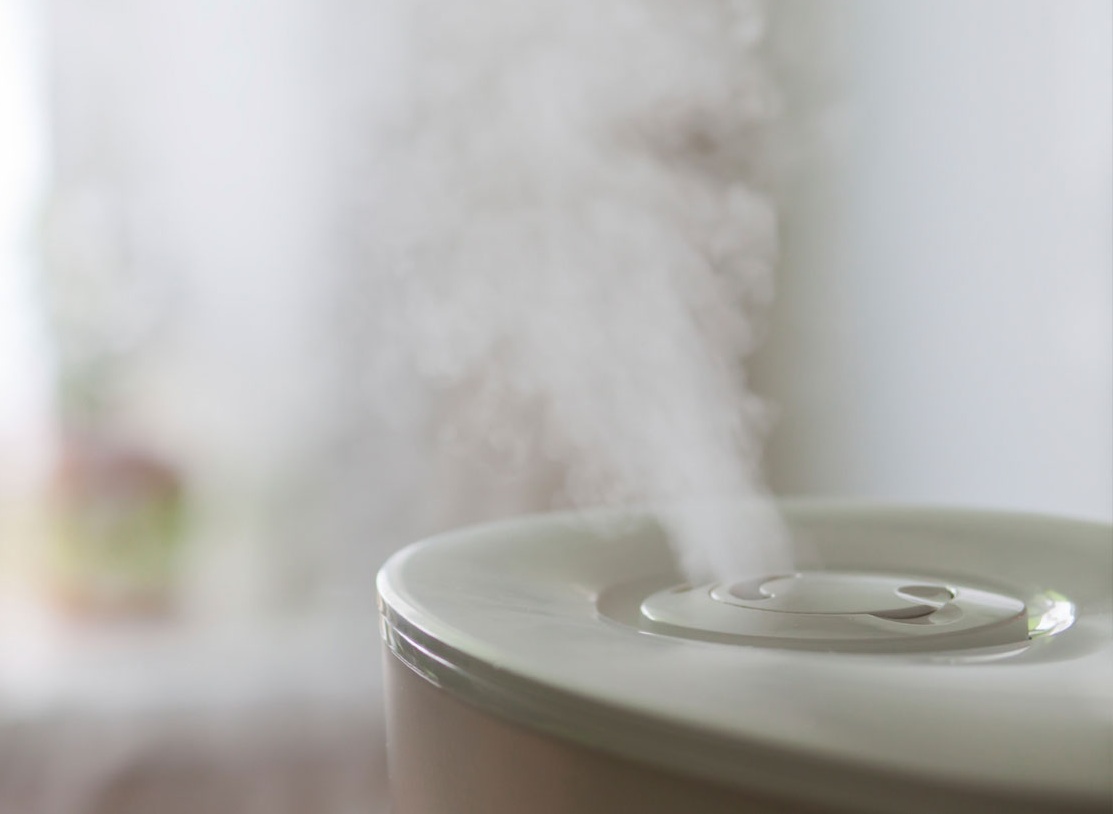
by Shelly Verma
Dealing with allergies is more complicated than dealing with an otherwise serious ailment. Why? Because usually treatment is possible if the cause is known. The problem with allergies is that it’s difficult to identify the allergen most of the time.
What Are Allergies?
Allergies are an abnormal reaction of the body’s immune system to any substance that it comes in contact with, such as food, a drug, pollen, or any particular material. The body’s immune system mistakenly identifies the external substance as a dangerous element and becomes oversensitive to its presence.
In an attempt to protect the body, the immune system produces antibodies to that allergen. These antibodies affect certain cells that release chemicals into the bloodstream. One such chemical is Histamine. Histamine affects the eyes, nose, skin, throat or lungs and causes allergic reactions.
How to Deal with Allergies
There are a couple of ways to deal with allergies. One way includes medication that makes the immune system inactive. Antihistamine drugs block the flow of histamines to the areas affected by the allergies so that the immune system doesn’t react to the allergens.
The second measure includes minimizing exposure to allergens. While medicines are likely to have long term or short term effects, reducing exposure to allergens prevents allergic reactions with a few simple precautions and is therefore, healthier.
Let’s take a look at some preventive measures to deal with allergies.
1) Reduce Humidity in Your House
Mold and mildew thrive in places that are damp. It’s advisable to keep places in your home, such as bathrooms, and kitchens dry. Use a dehumidifier regularly.
• Install exhaust fans. Make sure you use them during and after a shower.
• Open doors and windows to allow free movement of air and sunlight to enter.
• Make sure all wooden furniture is placed away from walls, cleaned, and disinfected regularly.
• Keep your clothes dry. Avoid storing damp clothes in the closet or in your room. Spreading them out in the open would kill germs and bacteria that breed on any damp surface.
• Inspect your house regularly for mold. Mold, mites, and dust are the common causes of indoor allergies.
2) Vacuum Regularly
Dust mites could be a real trouble for people who are allergic to them. In olden days, women would hang pillows or mattresses on the clothesline and whack them with sticks to get rid of the dust that had settled. Nowadays, we have vacuum cleaners to do the job for us.
• Use “High Efficiency Particulate Air” filters (HEPA) on your vacuum cleaners. These HEPA are specially designed to capture mold, mildew, and dust mites from your carpet. These and other airborne allergens are responsible for most airborne allergies.
• Vacuum sofas, mattresses, pillows, and other tapestries regularly to get rid of dust.
• Cover your pillows with latex material. Latex does not allow dust mites to settle. If you’re not comfortable with such pillows, try changing your pillows every two years. Dust mites feed on the dead skin from our bodies and then settle on our pillow. This makes a perfect breeding ground for them. Keeping a place dust free would reduce allergic reactions to a great extent. Fluffing your pillows would also have a temporary effect on dust.
3) Keep Wet and Dirty Clothes Away From Your Room:
Store laundry in a separate area.
• Moisture in used clothes gathers dust and dirt as you walk around places in and out of your house. If these clothes are kept in or outside your room overnight, dust continues to gather and may worsen your allergies.
• Store dirty clothes in a separate area or in a clothes hamper if you’re going to be away from home for a while. With less movement of air, infestation of mold and mites is likely to increase.
• Store any material that may get soggy away from your bedroom. It would be better to avoid storing such material, especially in the cellar, where moisture is most likely to seep in.
4) Take a Shower Just Before Going to Bed
All the dust and dirt that may have settled on your clothes and body will be washed off.
• Be careful to use shampoos and soaps that suit your hair and skin. If you develop rashes or itching with some related products, be quick to replace them.
• Some people are allergic to scents. Keep a track of cosmetic products, perfumes or deodorants, hair sprays or other cleaning agents that you find causes an allergic reaction.
• Room fresheners or air fresheners may give your bathroom a fresh odor but they could also contain allergens that may trouble you.
5) Identify Foods that You may be Allergic to
It’s not easy to identify allergens that your body may react to. In addition to external substances, the body may also react to the food we eat. For example some people are allergic to eggs, peanuts, or to seeds of fruits.
• You can identify by eating food items in groups. If your body does not react, you may not be allergic to that item.
• Food allergies may affect the stomach, skin, nose, throat, or lungs.
• If you notice rashes or hives on the skin or experience stomach ache, nausea, dizziness or problems with the throat when you eat particular food items, you may be allergic to those foods.
• Allergy symptoms normally begin to show instantly or within a couple of hours. However, sometimes they may appear several hours after consumption. Identify food patterns that you are allergic to and take care to avoid them.
• If the reaction is strong, an over-the-counter antihistamine may be taken. Select one that suits you as different people experience different effects of these drugs.
6) Keep Pets Away if You are Allergic to Them
People may be allergic to cats or dogs. However difficult it may be, do your best to avoid direct contact with these animals.
Allergic Reactions Could be Mild or Severe.
Severe allergic reactions could directly impact the vital organs, such as the heart and lungs. Symptoms may include difficulty in breathing, infection, swelling of lips or throat, or shock. This type of severe allergic reaction is called Anaphylaxis. While mild allergies can be prevented and treated, severe reactions require immediate medical treatment.
Mild allergic reaction symptoms include runny nose, watery eyes, sneezing, sore throat, asthma, or skin irritation, redness or hives. These reactors can be prevented to a certain extent with a few basic precautions. It’s difficult to treat allergies and so it’s good to recall the age old words of wisdom that say, “Prevention is better than cure.”
(Shelly Verma is an avid writer touching on topics from health, insurance, higher education, career improvement, self-help and home improvement.)




